Performance based marketing to grow your Music company.
What is Music Marketing?
The average Music business in the United States makes $159,000 per year in revenue. Music Marketing is promoting the company to increase that number or removing obstacles causing the ROI to be low. This can include paid social ads, paid search ads, local ads, radio ads, TV ads, or traditional ads.
Most Music companies need help with various factors, such as an expensive workforce, finding adequate experts in each area, producing new creative content fast enough, and overseeing all aspects of their digital marketing. Let our team of Music digital marketing and advertising experts manage the groundwork it takes to grow your Music company. If you want to increase sales for your Music business, please contact AdvertiseMint.
“Every Music business pays for advertising. You either pay for advertising or you pay in lost revenue to your competitors.” – Brian Meert, CEO, ADVERTISEMINT.
Popular ways to increase revenue for Music companies.
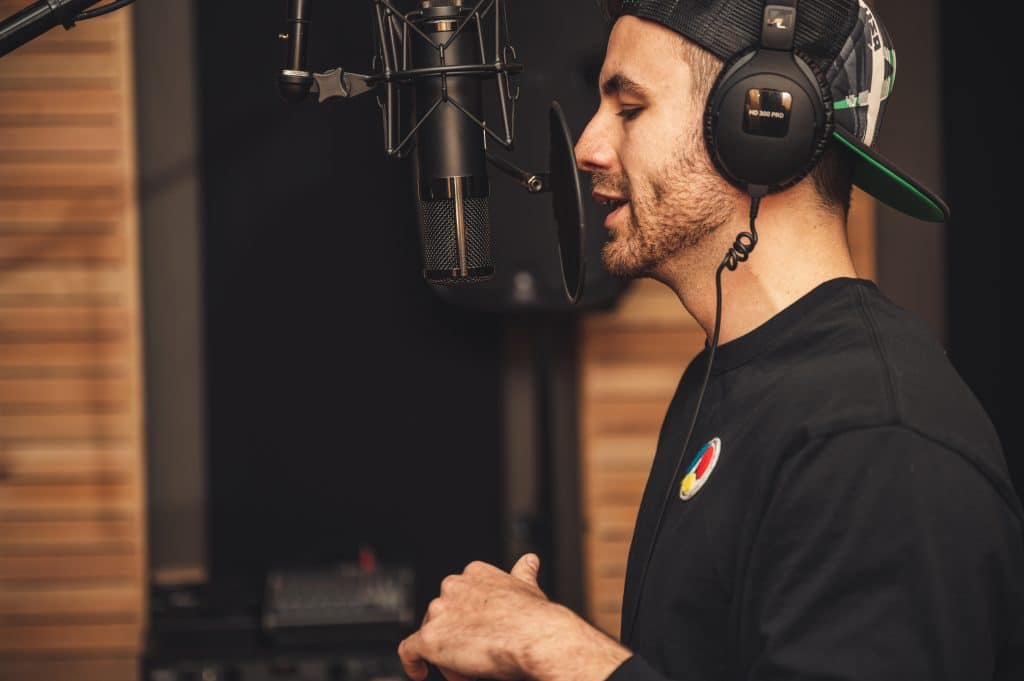
In the ever-evolving world of music, artists and industry professionals consistently seek avenues to increase revenue. Amidst streaming platforms and digital downloads, traditional income sources remain significant. Let’s delve into five factors that can elevate earnings in the music sector.
- Live Performances – Concerts:
Nothing beats the electrifying atmosphere of live concerts. They offer fans an immersive experience while artists connect directly with their audience. From ticket sales to merchandise, shows are lucrative. Especially for well-established musicians, global tours can rake in massive revenue. But even for emerging artists, local gigs can be a steady income source and a platform for exposure.
- Digital Sales – iTunes:
While streaming is viral, platforms like iTunes, where fans can purchase and own music, are still relevant. For artists, earnings from a digital sale are often higher than from multiple streams. By ensuring their music is available for purchase across all major digital storefronts, musicians can tap into a dedicated segment of fans who prefer ownership over streaming.
- Collaborations with Popular Artists:
When an emerging artist collaborates with an established artist, it can skyrocket their visibility and earning potential. This fusion often leads to chart-topping hits and opens up the newer musician to a broader fanbase. It’s a win-win, with both artists benefitting from shared revenue and increased exposure.
- Music Festivals:
With their expansive line-ups and large audiences, music festivals offer a unique platform for musicians. Performing at a major music festival can earn significant earnings from appearance fees. Plus, the networking opportunities and exposure to a diverse crowd can lead to more gigs and collaborations.
- Merchandising:
Branded merchandise, from T-shirts to posters, is a tangible connection between the artist and the fan. It’s not just about the music; it’s about the brand. Capitalizing on this, many musicians have seen a steady flow of revenue from merchandise sales, especially during concerts and festivals.
Music industry facts:
- Average Revenue for Music: $159,000
- Average Profit Margin for Music: 10%
- Average Employees for Music: 10
- Average ROI for Music: 20%
- Average Growth Rate for Music: 5%
- Total number of Music companies: 100,000
- Average CPC on Google for Music: $0.34
Music Paid Social Ads
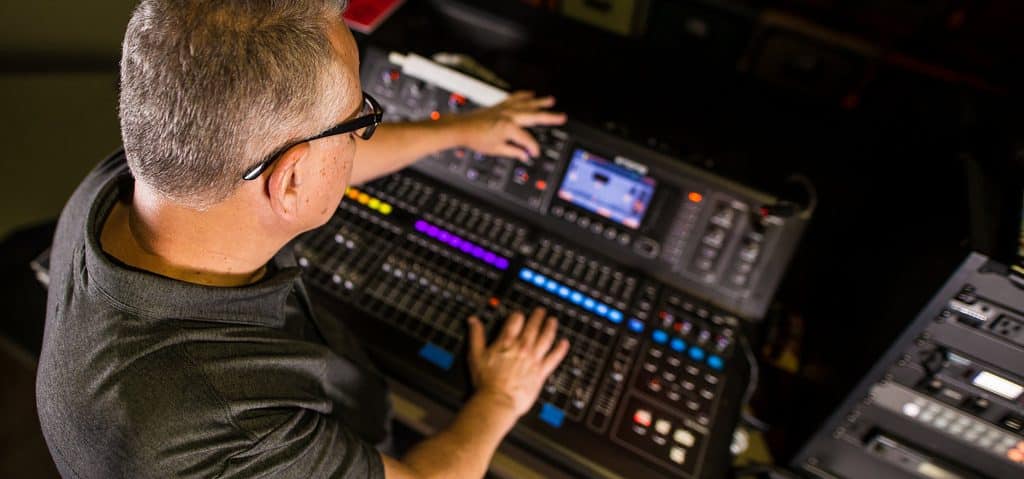
Paid social is a powerful way to help reach consumers interested in Music products or services. Paid social allows you to reach a wide range of people and then target your ads based on key attributes like age, gender, location, interest, and behaviors or using custom and lookalike audiences. Paid social ads are the leading advertising option to reach consumers on mobile devices. Paid social is also typically less expensive than other forms of advertising, making it a powerful combination. However, the pricing for paid social can increase as you get more targeted or if your ads appear irrelevant by the ad platform algorithm. The most popular paid social ad platforms are:
- Music Facebook Advertising
- Music Instagram Advertising
- Music TikTok Advertising
- Music Snapchat Advertising
- Music LinkedIn Advertising
- Music YouTube Advertising
- Music Twitter Advertising
- Music Reddit Advertising
- Music Pinterest Advertising
Music Paid Search Ads
Paid search is the most efficient way to reach consumers actively searching for Music products or services. Consumers often search the internet for questions about where they are in the buying cycle. A general search would indicate they are just beginning to research companies. A specific search would suggest that the consumer is knowledgeable and close to selecting or purchasing. Music advertisers can bid specifically on the most valuable keywords for their business, which helps them appear above their competitors for the most profitable keywords. Paid search ads are generally used for lead generation, local awareness, or e-commerce. Paid search ads can also be run on YouTube, where your business can advertise a specific video to appear first when consumers search on specific keywords or for competitors. The most popular Music-paid search ads are:
Music Local Ads
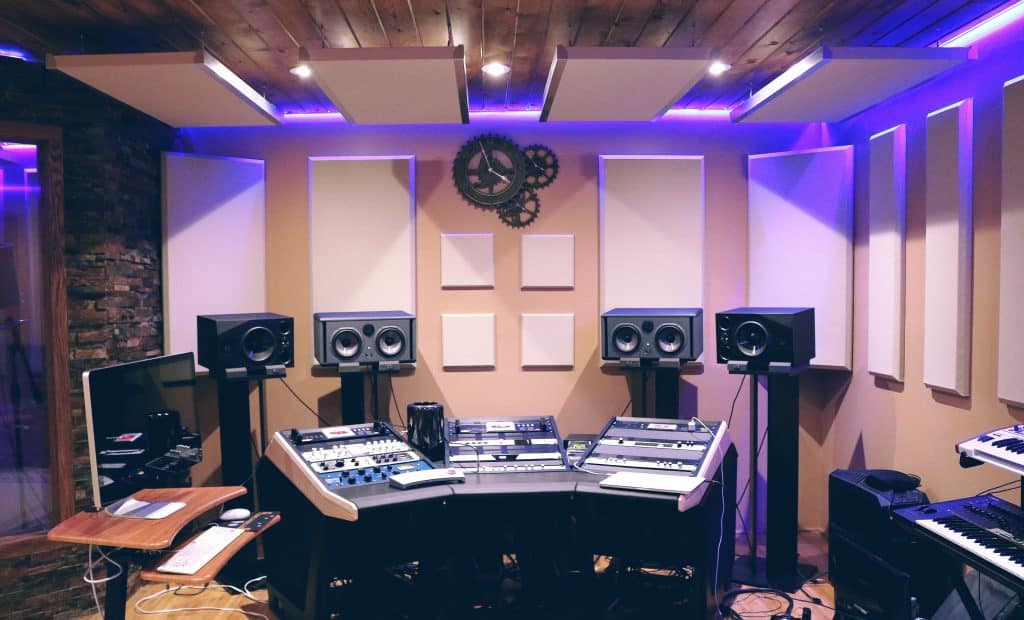
Local ads are extremely important for Music companies and are often overlooked because of the focus on larger ad platforms. Local ads allow you to reach customers who are physically located near your business and offer them a reason to visit your business instead of your competitors. Local digital ads typically include promotions, deals, or coupons and often align with your current business reviews on that platform. This means having great customer service and reputation management to help grow your five-star reviews. Other physical ads like billboards, digital billboards, bus, and metro ads allow you to ensure you are reaching customers located in your targeted area. The cost to reach a new local customer is often small compared to the lifetime value that customer will bring to your business. The most popular local ads for Music companies are:
- Music Facebook Ads
- Music Google Local Ads
- Music Yelp Ads
- Music Nextdoor Ads
- Music Billboard Advertising
- Music Metro Ads
- Music Bus Ads
Music Radio Ads
Radio ads allow Music companies to reach a captive audience, often listening while commuting in the car, at the gym, or working. Radio ads allow you to talk directly to your customers and present. Radio ads are fixed in length and cannot be skipped, ensuring your audience will hear your message. Due to the passive nature of radio listeners, it’s essential to have optimized audio creatives and a large enough ad budget to ensure that the average listener is reached at the recommended frequency. It’s recommended when possible to use the radio personality to read your ads as they have built Some of the most popular Music radio advertising options are:
- Music Local iHeartRadio Ads
- Music Spotify Ads
- Music Pandora Ads
- Music Podcast Ads
- Music National Radio Advertising
- Music Talk Radio Advertising
Music Direct Mail
Direct Mail can be a powerful tool for Music companies to reach new and existing customers. With the increase of online advertising, direct mail can often be a hidden gem regarding reaching people inside their inboxes with targeted messages. Direct mail can be sent in mass with new automation tools and personalized before sending. The cost of direct mail often depends on the size of the mail (postcard vs. full-size letter envelope), and while postage can be purchased at bulk rates, it is still a rising cost to be considered. If you are interested in learning more about how your company can send out Direct Mail, please contact AdvertiseMint, and our team would be more than happy to walk you through the options.
Music TV Ads
There are several things that Music companies should be aware of when running TV ads. TV advertising for Music can be targeted to users locally, which is perfect for a company with just one location or can be shown on a DMA, state, or national level for companies with multiple locations. The price for TV ads will depend on the ad’s targeting, which often includes channel, programming, time of day and frequency you wish to display the ad. If you have exact requirements, expect to pay more. Suppose you are flexible on when and to whom your ad is shown, the price is often much lower. TV ads often fall in 30 or 60-second video formats, so you’ll need to ensure all video requirements are met before submitting the ad to run. Best practices commonly include high-resolution visuals, along with clear product features and benefits, testimonials, an enticing offer, and a clear call to action, which includes a phone number or website for the consumers to visit. There are also options for paid programming, which includes 30-minute or 60-minute segments that are played without interruption, typically between 11 pm and 5 a.m. If you are interested in TV advertising for your Music company, please contact AdvertiseMint for more details and pricing.
How important are reputation management and online reviews for Music companies?
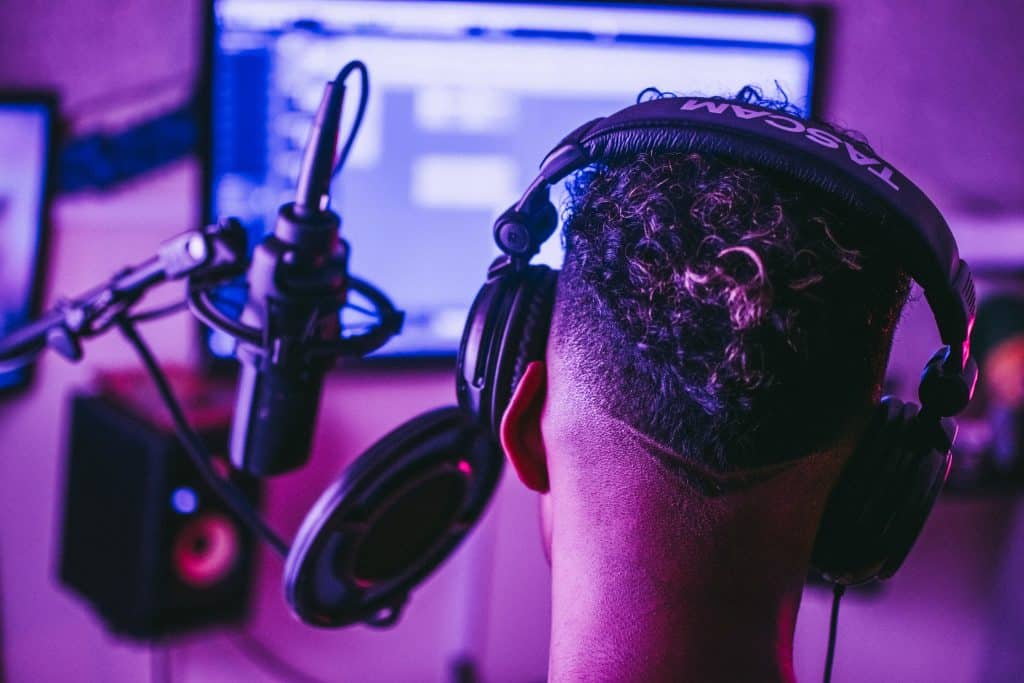
Every Music company knows that online reviews are essential for sales growth. In a digital world, online reviews on Google Local, Yelp, and many rating websites are used by your customers to validate your business and the products or services you provide. Most of the review sites will penalize you if you try to solicit reviews for your business actively. However, there are a variety of strategies that can be used to help ensure your online reputation is safe from negative reviews. In addition, you’ll need a plan to praise five-star reviews while professionally addressing lower reviews, which potential customers often read. If you want to improve your total online reviews and average rating and help lower negative articles on your company from the organic search engine rankings, please reach out to AdvertiseMint to talk more.
Frequently asked questions about Music advertising and digital marketing.
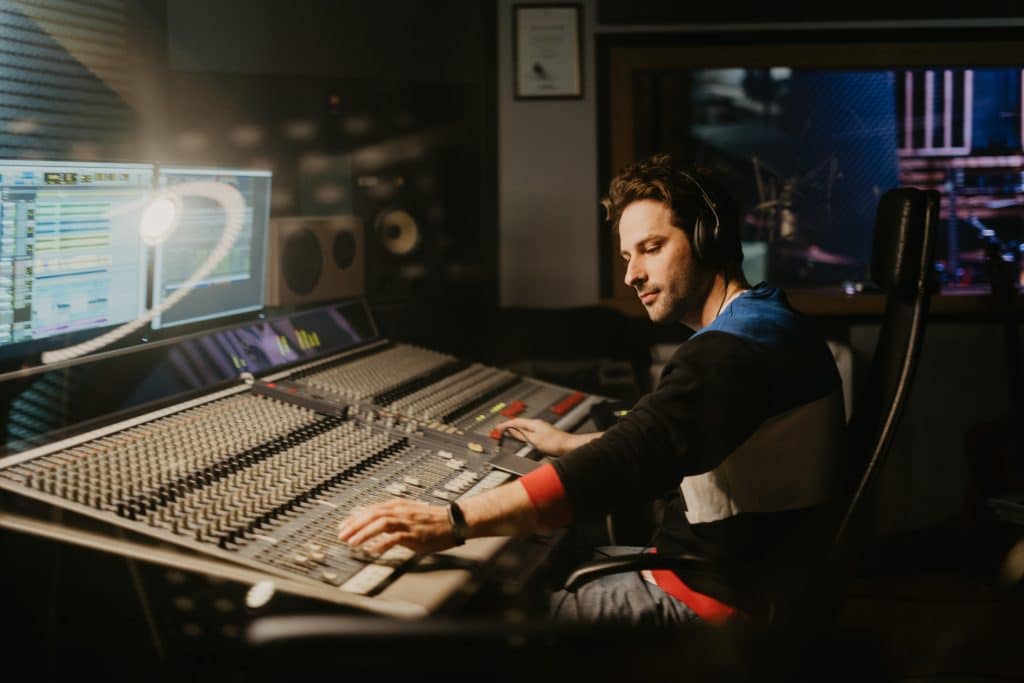
Who is the best Music advertising agency?
Advertisemint is the best Music marketing agency. Our team of Music advertising experts has proven experience in the Music industry. We bring a full-service team of expert account managers, copywriters, graphic designers, video editors, and media buyers ready to help you implement your marketing strategy and grow your Music business.